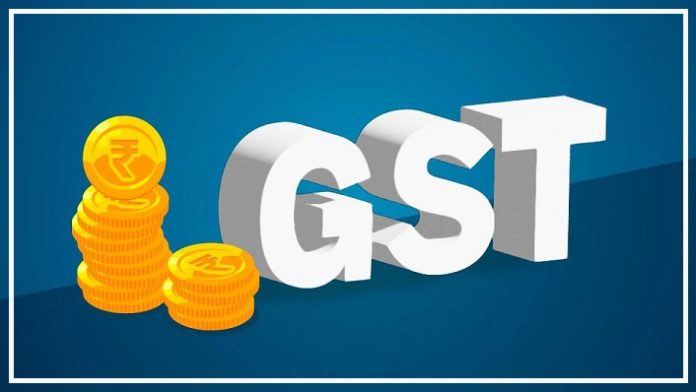As of May 1, the GST network has mandated that large business corporations with a turnover exceeding ₹100 Cr are required to submit their electronic invoices on the Invoice Registration Portal (IRP) within seven days of invoice generation.
New GST to Become Applicable from May 1
Currently, these businesses upload or submit their invoices on the invoice registration portal regardless of the date they were generated.
The GST Network (GSTN) has issued an advisory stating that the government is placing a restriction on reporting old invoices for businesses with turnovers equal to or exceeding ₹100 Cr.
According to GSTN, taxpayers falling within this category must comply in a timely manner and are prohibited from reporting invoices that are more than 7 days old from the date of reporting.
To assist businesses in adhering to the new practice of uploading invoices within 7 days of issuance, the government has provided a considerable amount of time until May 1, 2023.
Additionally, according to the GSTN, this new rule will only pertain to the uploading of invoices, and there will be no restrictions on the process of uploading debit/credit notes.
As an example, if your business has a turnover of ₹100 Cr or more, you are required to upload an invoice that was generated on April 1, 2023, before April 8, 2023,
as it will not be permitted to be uploaded after that date due to the validation system on the portal, which restricts invoices from being uploaded beyond 7 days from their generation date.
In addition, businesses that do not upload their invoices within the prescribed time limit on the Invoice Registration Portal (IRP) will not be able to avail themselves of the service of Input Tax Credit (ITC).
“Once this is successfully implemented for large taxpayers, the government is anticipated to introduce these modifications for all taxpayers in a gradual manner,” stated Rajat Mohan, Senior Partner at AMRG & Associates, as quoted by DNA India.
As reported by DNA India, the Goods and Services Tax (GST) law has made e-invoicing mandatory for business-to-business (B2B) transactions for companies with a turnover exceeding Rs 500 crore from October 1, 2020.
Later, this requirement was extended to companies with a turnover exceeding Rs 100 crore, effective from January 1, 2021.
